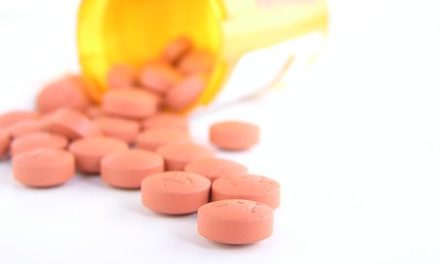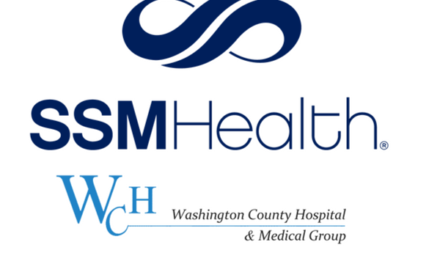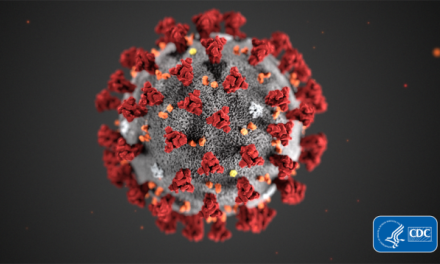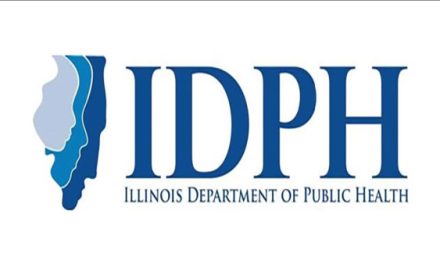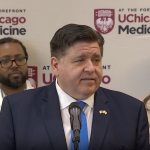
Margaret Vaughn talks impact of COVID-19 on Illinois’ blood supplies
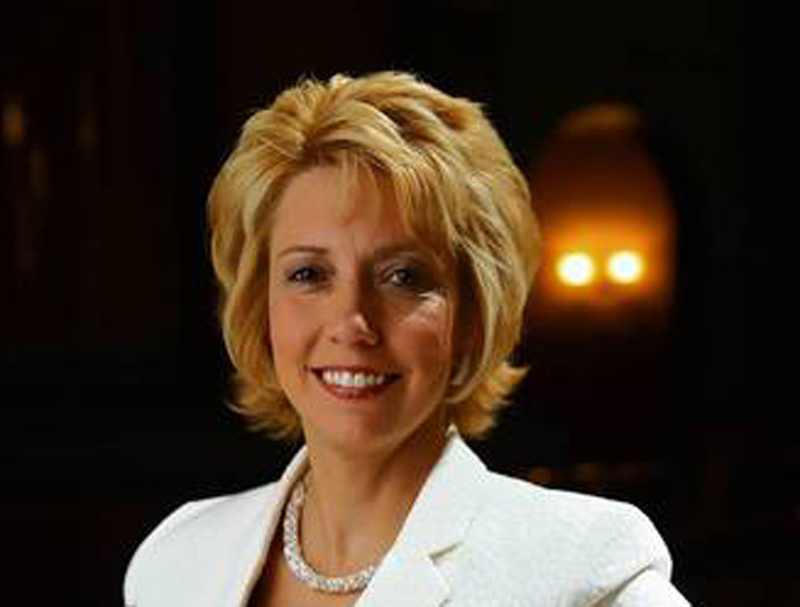
Illinois is at a “critical need” for blood donations, Margaret Vaughn, the government affairs director for the Illinois Coalition of Community Blood Centers, told Health News Illinois this week.
Vaughn said that the COVID-19 pandemic has strained the blood supply due to the number of canceled blood drives and the increased demand for blood. Currently, she said the state’s supply will last for “two days or less.”
“The demand for blood is so great, we’re hoping that we can get through the summer because we don’t want to have to postpone surgeries,” she said, noting the coalition’s centers collect blood for about 70 percent of the state’s hospitals. “Blood needs to be on the shelf, tested and ready to go. You just can’t say, ‘Oh, well if there’s an accident, we’ll just donate blood then.’ So if you think about it, the blood needs to be there when you need it.”
Vaughn spoke to Health News Illinois Wednesday about the impact of COVID-19 on blood donations, misconceptions about donating during the pandemic and what people can do to help.
Edited excerpts are below:
HNI: As of Wednesday morning, where are we in Illinois in regards to blood supply?
MV: Right now we’re at a two-day supply or less, which places us at a critical need. The reason that we’ve ended up in this situation dates back to earlier in the spring when COVID hit. And when COVID first hit, thousands of blood drives were canceled across the nation. Sixty percent of the blood is collected at community blood drives, not just at a blood center itself. So back in March, with all the schools being closed and all the businesses being closed and with people working from home, those traditional spots where the blood centers would hold blood drives had to be canceled. So that put a huge dent in the supply. The demand is always there. People kind of forget that blood only has a 42-day shelf life. So unlike toilet paper or some of these other products, there’s no way to stockpile it and there’s no substitute for it.
So what happened then, we had several press conferences and we got a lot of great publicity and such, and a lot of folks did come into the centers and donate blood. But then the need kind of waned because the elective surgeries had been put on hold and there was less travel. But the need for blood really spiked in May when the elective surgeries began again and we started entering into these other phases of the Restore Illinois plan. And the folks that stayed away from their doctors unless it was very, very urgent, they went back and now they’re sicker. So there are more surgeries being done and there’s a huge spike in the use of blood. Now the supply, on the other hand, is still down because people are still working from home. And places like the churches, they’re finally starting to open up slowly, but when they weren’t having masses, they weren’t having blood drives. The demand for blood is so great, we’re hoping that we can get through the summer because we don’t want to have to postpone surgeries. Blood needs to be on the shelf, tested and ready to go. You just can’t say, ‘Oh, well if there’s an accident we’ll just donate blood then.’ So if you think about it, the blood needs to be there when you need it.
And it’s not just for elective surgeries, there’s also sickle cell disease. For a lot of the African American population, unfortunately, it is very prevalent to get transfusions every couple of months or weeks. The more transfusions you have, the more difficult it is to get a match. It has to be very, very close to your genetic makeup. And a very small percentage of the African American population donates blood. For the blood supply, about 1 percent to 3 percent of that is made up of African Americans. And so it’s very difficult to find a match for a lot of people when they’re coming in for these kinds of treatments. So it’s very important for not only African Americans but other minorities as well, like Latinos. When it comes down to it, the compatibility level has to be there, and you’re more likely to find the most compatible and less likely to have an adverse reaction if it’s someone from a similar ethnic background.
HNI: What are some of the major misconceptions out there about who can donate or what is needed during this pandemic?
MV: They think that it’s a social gathering and we cannot have that. They don’t realize that the collection is an essential service. So it’s not something that we need permission from the government to do. The government recognizes the importance of this. The country cannot go on unless we’re collecting blood. So from day one, the federal government has always recognized, as well as the state of Illinois, that blood collection is an essential service.
And then some of the folks that have had COVID, the blood centers are actually collecting their blood for scientific research to use their antibodies for treatment for other people. So the blood centers are playing a big part in COVID, not only with getting contributions for patients that need blood, but they’re a critical component in the research part.
HNI: As Illinois continues in phase four of its reopening and its COVID metrics remain flat or trending downward, what do you see as the need going forward?
MV: Even as restaurants and theaters and other places open, it looks like people might be working from home until fall. So, unfortunately, we don’t see an end in sight for the shortage. Like I said, 60 percent of the blood collected is collected out in the field at these blood drives, and that’s our biggest problem, the accumulation of all these canceled blood drives. So our messaging would be, to the people that have them scheduled is, if you can, please stop canceling them.
HNI: What more can policymakers do to address this issue?
MV: They’re been doing a lot already with, not only getting the message out in our press conferences, but they’re actually hosting blood drives. I would say we could work with the state representatives and senators, as well as with some of the local mayors and some of the other local elected officials and anyone who is a community leader, to get people to come out and encourage them to join in. Obviously, there’s no lack of messaging going on in a lot of areas on social media. Everyone has their opinion. And so it would be great if people could put all that energy in all those opinions in a positive direction. When you put something out there, in terms of getting people to donate blood or to put their energies into organizing a blood drive, a lot of lives would be saved.
HNI: What can people do to help?
MV: If you want to donate blood, if you go to americasblood.org, that’s our national association and all the community blood centers in Illinois belong to it. If you just put in your zip code, your closest blood center location will come up and you can go and schedule a donation time. If you would like to have a blood drive, we don’t want you to think that you have to have 100 people. If you can get 30 people together, we can help you coordinate it. And if you go to illinoisbloodcenters.com, our contact information is on there. If you reach out to me, I can put you in touch with the closest blood center in your area that would cover that region of the state and have one of our coordinators get in touch with you and help you find the location and then set up the blood drive.
Health News Illinois is removing the password on all stories related to the coronavirus. For the latest developments follow us on Twitter at @healthnewsil or check out our website. For complete healthcare coverage, sign up for a free trial to our daily email newsletter.

